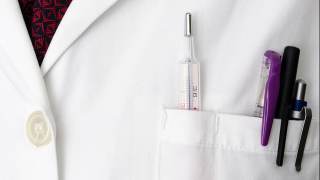GPhC improves guidance on Pharmacists' conscience rights
- |

Christian Concern reported earlier this year that the General Pharmaceutical Council (GPhC) had amended its guidance to remove any protection for pharmacists and their legal right to freedom of conscience.
Christian Concern provided submissions to the GPhC stating very clearly that not only did pharmacists enjoy a legal right to freedom of conscience, but also that the public had a right to receive services from pharmacists who share their set of values. The amended regulations would have been a bar to the profession for Christians who have strong moral reservations about dispensing certain treatments such as abortifacients or hormones for so-called 'gender reassignment'.
Because of the efforts of Christian Concern and others, who worked tirelessly to ensure Christian pharmacists had their voices heard, the GPhC guidance now reads: "Pharmacy professionals have the right to practise in line with their religion, personal values or beliefs".
Freedom of conscience is a key way to gauge the health of a free society and see how our citizens and their beliefs are respected. The decision by the GPhC recognises that faith can be an integral and positive part of a pharmacist's life, which in turn is a benefit to the public being served by them.
This decision is not only a victory for pharmacists. It recognises that faith matters and that the law honours our freedom of conscience. Christian Concern will continue to defend this freedom and ensure that it is respected in all areas within the public square.
Related Links:
Amended General Pharmaceutical Council's guidance blatantly ignores the law on freedom of conscience
Regulator’s proposal to remove pharmacists’ conscience rights is unethical, unnecessary and quite possibly illegal (Christian Medical Comment)
